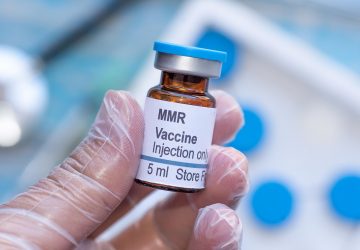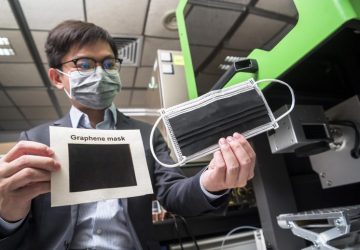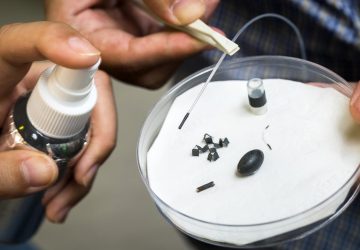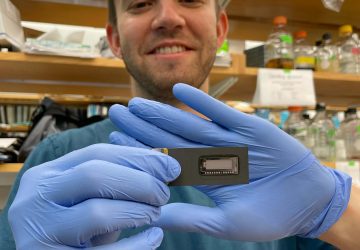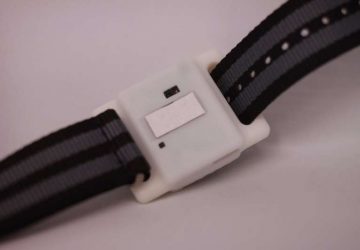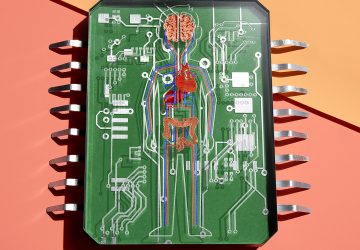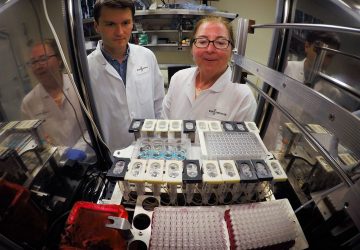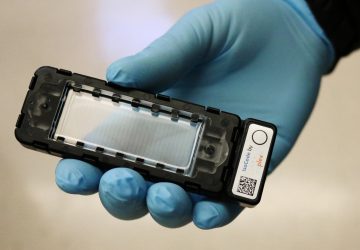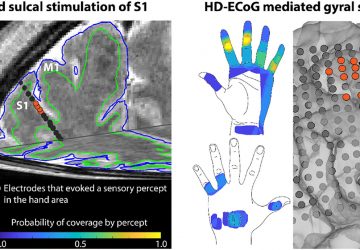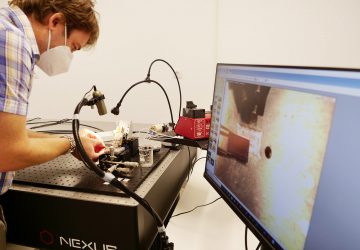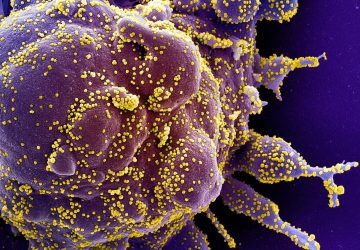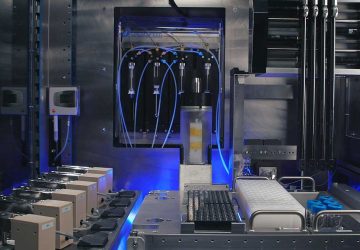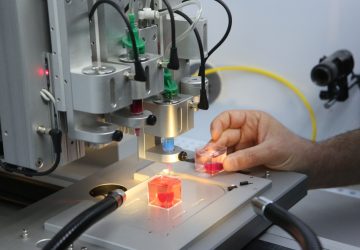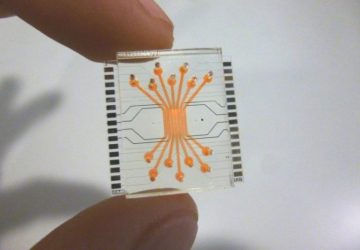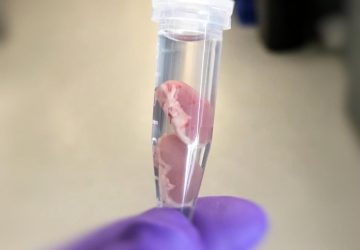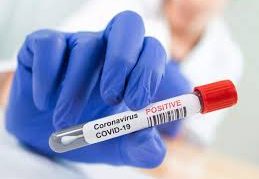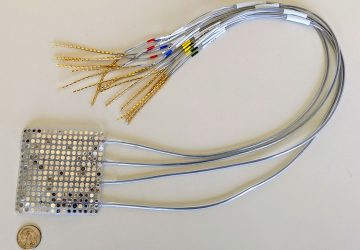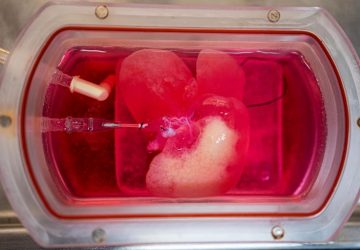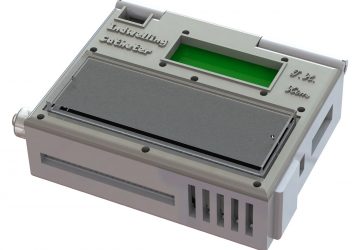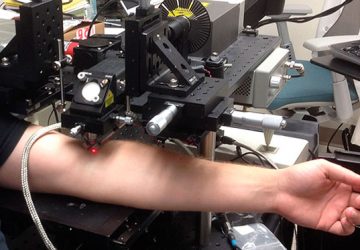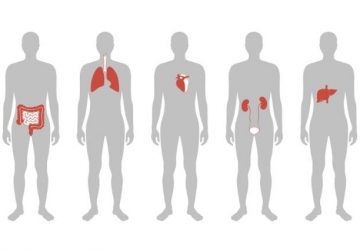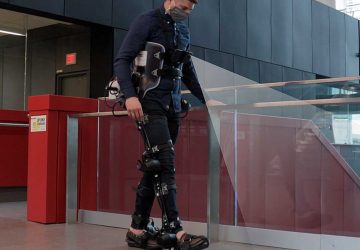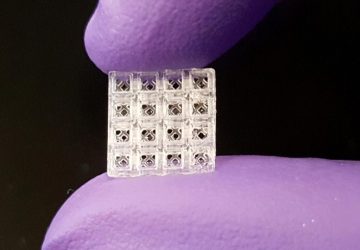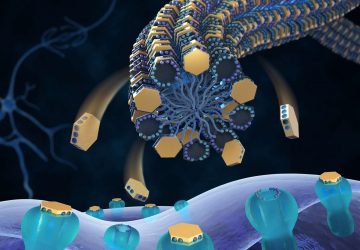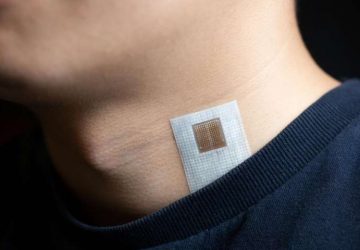Paul Blainey’s technology platforms have benefited genomics, diagnostics, and drug screening. Microfluidics — the science of manipulating tiny amounts of fluid through channels — has been widely used in fields such as genomics, where it has helped to enable high-speed sequencing. Several years ago, Paul Blainey started to wonder why microfluidics was not used for drug screening, another application that requires analyzing huge amounts of samples quickly. That question led…
Read MoreBlood test could detect lung transplant rejection early
Chronic transplant rejection can be deadly, and recognising it as early as possible is key to achieving the best possible patient outcomes. Thankfully, a new test has been developed that can detect the signs of this condition in lung transplants before any outward symptoms manifest, enabling doctors to act quickly to protect their patients. The test, which has been developed by the Laboratory of Organ Transplant Genomics in the Cardiovascular…
Read MoreDaily exposure to blue light may accelerate aging, even if it doesn’t reach your eyes
Prolonged exposure to blue light, such as that which emanates from your phone, computer and household fixtures, could be affecting your longevity, even if it’s not shining in your eyes. New research at Oregon State University suggests that the blue wavelengths produced by light-emitting diodes damage cells in the brain as well as retinas. The study, published today in Aging and Mechanisms of Disease, involved a widely used organism, Drosophila…
Read MoreCRISPR-BEST prevents genome instability
Even though CRISPR technologies allow for better manipulation of genomes with many positive effects on modern drug development and the discovery of new and better antibiotics, significant problems such as genome instability and toxicity of the Cas9-protein still remain when using the technology. But in a new study published in PNAS, scientists present a new addition to the promising CRISPR toolkit called CRISPR-BEST. This tool operates with an efficient method…
Read MoreSpeeding up the drug discovery process to help patients
An international research team has developed a new strategy that can predict the potential clinical implications of new therapeutic compounds based on simple cellular responses. This discovery was partly led by scientists affiliated with Université de Montréal (UdeM), and represents a major step forward in developing more effective drugs with fewer side effects, much faster than before. The researchers conducted their work at Centre de Recherche de l’Hôpital Ste-Justine and…
Read MoreStrange Respiratory Disease Linked to E-Cigs and Vaping
E-cigarettes are under scrutiny after reports of more than 200 cases of a mysterious illness Update: On 6 September, the U.S. CDC said it is now investigating 450 total possible cases of respiratory illness associated with e-cigarette use. In all cases, patients developed an illness after using e-cigarette products that contained THC, THC and nicotine, or nicotine only. Descriptions of the cases have been published in the CDC’s Morbidity and Mortality Weekly…
Read MoreResearch team redefines the footprint of viral vector gene therapy
Building on a track record of developing adeno-associated viral (AAV) vectors as a groundbreaking clinical tool for gene therapy and gene editing, Children’s Hospital of Philadelphia (CHOP) researchers report a more sensitive method for capturing the footprint of AAV vectors — a broad range of sites where the vectors transfer genetic material. By capturing the full range of gene expression patterns caused by AAV vectors, the technique is expected to…
Read MoreRevolutionizing the CRISPR method
Everyone’s talking about CRISPR-Cas. This biotechnological method offers a relatively quick and easy way to manipulate single genes in cells, meaning they can be precisely deleted, replaced or modified. Furthermore, in recent years, researchers have also been using technologies based on CRISPR-Cas to systematically increase or decrease the activity of individual genes. The corresponding methods have become the worldwide standard within a very short time, both in basic biological research…
Read MoreDrone Beats Ambulance in Race to Deliver First Aid to Patients
Medical drones arrived 90 to 120 seconds faster than an ambulance during tests conducted with fake patients placed in Iraq’s busy city streets In Rwanda, drones routinely swoop through the skies, delivering blood products to hospitals. It’s been a medical coup for the drone industry, covered in IEEE Spectrum’s recent feature report. Now, a team in Iraq and Australia has developed another way to use drones in healthcare—as part of a system that detects when an elderly…
Read MoreCheap, Portable Device Uses Quantum Dots to Spot Deadly Bacteria
Recognizing antibiotic-resistant MRSA infections sooner is key to successful treatment Researchers in Australia have developed an inexpensive, portable device that can detect a deadly strain of bacteria in under 40 minutes. The device consists entirely of off-the-shelf and 3D-printed parts that cost a total of US $26, and the results can be read by an app on a smartphone. The developers of the device, at Macquarie University in Sydney, described…
Read More

